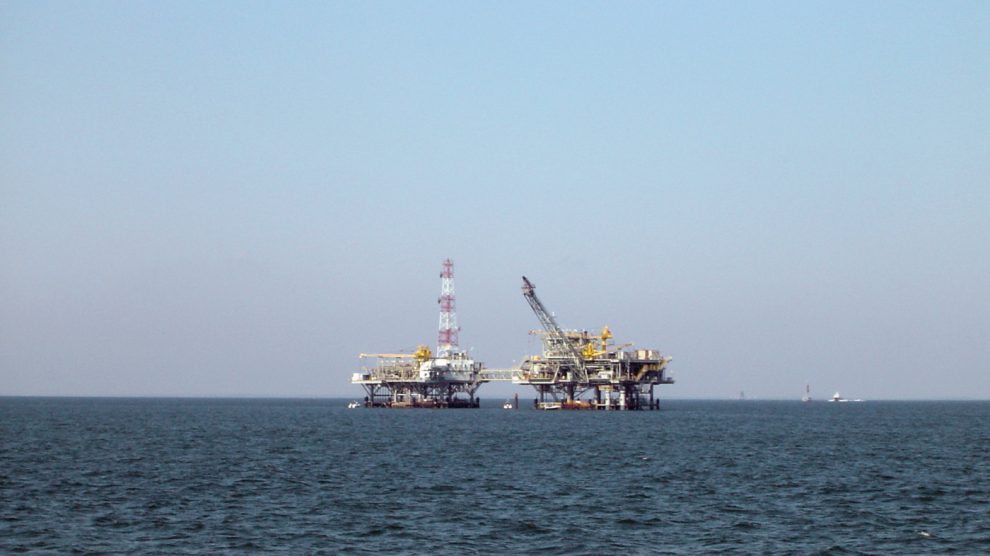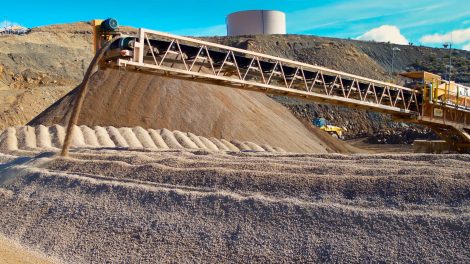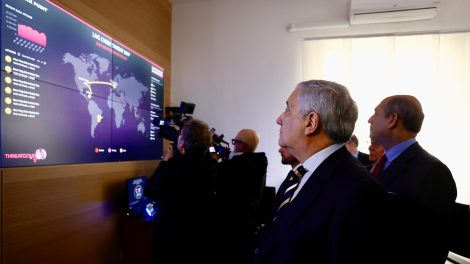Going Russia-free. Eni, Italy’s State-controlled energy company, will fully replace Russian gas by 2025, Chief Operating Officer Guido Brusco announced on Tuesday at the Gastech industry event in Milan.
- The target is consistent with Rome’s energy savings plan, which was unveiled that same day.
- Having moved early to diversify away from Russian gas by boosting supplies from African and Middle Eastern countries, Mario Draghi’s government has already managed to half Italy’s dependence on it.
The EastMed project. The Russian war essentially revitalised a long-frozen project, the EastMed-Poseidon pipeline, which will connect the Italian peninsula to the gas-rich fields in the Eastern Mediterranean seabed.
- Edison, the Italian company participating in the project, estimates it will be able to supply Italy with an additional 10 billion cubic metres a year upon completion and 20 at a later stage.
- Eni recently discovered a major gas reserve in the Cronos-1 well (which it shares with French company TotalEnergies) roughly 160 kilometres off the coast of Cyprus.
- The Cypriot Minister for Energy Natasa Pilides spoke on Twitter of “interesting discussions” with partners (including Eni) on accelerating EastMed’s development.
The geopolitical challenges. Italy, along with the rest of the European Union, is increasingly looking to the wider Mediterranean for their non-Russian gas supplies. However, increasing the reliance on new partners comes with a new series of issues, noted professor Leonardo Bellodi (energy expert and adjunct professor at Luiss Business School) on our sister site Formiche.net.
- Algeria and Tunisia, for instance, are suffering bouts of political instability. Libya, on the other hand, is exporting gas well below its capacity because of the ongoing internal conflict.
- Turkey lays claim on some areas of the Eastern Med that fall beneath the remit of EU countries.
- It also controls the SouthStream gas corridor to Europe, which could increase President Recep Erdogan’s geopolitical leverage if less gas is supplied by Russia.
- Kyiv, in turn, would lose out on transit taxes, which would entail more support from the EU.
The bottom line. It’s as of yet unclear whether EastMed will be built, noted professor Bellodi, as cheaper Russian gas had made it a less-than-convenient project in the past. With current gas prices, however, its economic viability has improved drastically.
- An alternative to EastMed, he explained, is connecting the gas fields to the Egyptian liquefaction terminals and shipping the product as LNG.
- The interplay of the above variables will be crucial in defining the future of the EU’s energy supplies.





